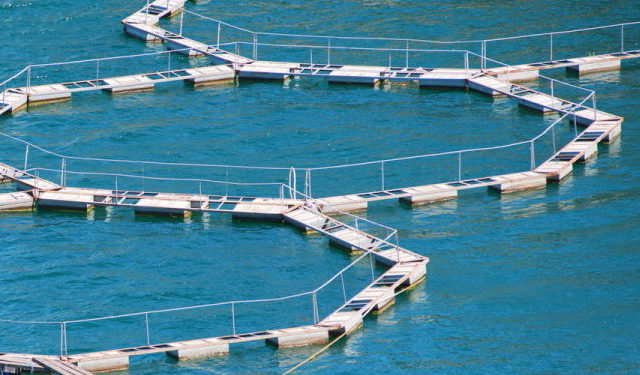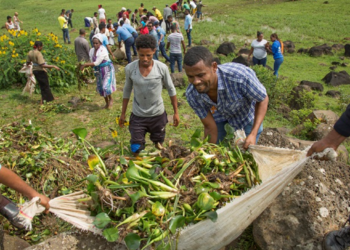Guide for Good Environmental Practices in Aquaculture – Algeria is seeking its place in the marine aquaculture sector, thanks to an initiative promoted by the Ministry of the Environment and Renewable Energy in collaboration with the Ministry of Fisheries and Fish Production, and with the support of the Deutsche Gesellschaft für Internationale Zusammenarbeit (GIZ). This joint effort led to the creation of a guide for good environmental practices in aquaculture, which aims to address and mitigate the environmental effects of the activity, especially in the Mediterranean where seabream and seabass are the predominantly farmed species.
Research has shown that although aquaculture can have impacts on the environment, these tend to be localised and can be significantly reduced, if not eliminated, by adopting appropriate management practices.
A support guide for the Algerian aquaculture sector
The guide is therefore a vital tool for producers, offering recommendations to reduce impacts on natural resources and promote responsible and sustainable aquaculture. Through the adoption of codes of conduct and the guide of good practices, Algeria underlines its commitment to the development of an aquaculture sector that respects environmental balances while ensuring economic sustainability, environmental protection and social welfare.
Responsible aquaculture development
This initiative represents a model for responsible aquaculture development, emphasising the importance of practices that respect natural balances and promote marine biodiversity.
Guide to good environmental practices in aquaculture









